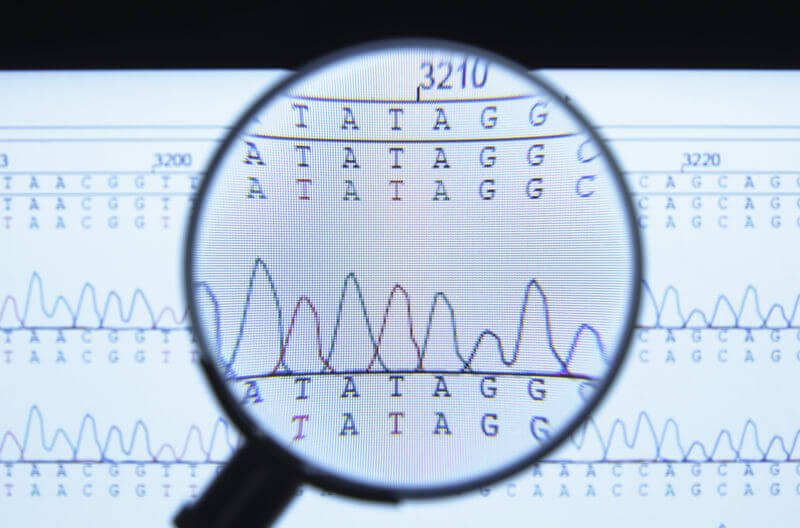A little-noticed bill moving through Congress would allow companies to require employees to undergo genetic testing or risk paying a penalty of thousands of dollars, and would let employers see that genetic and other health information.
Giving employers such power is now prohibited by legislation including the 2008 genetic privacy and nondiscrimination law known as GINA. The new bill gets around that landmark law by stating explicitly that GINA and other protections do not apply when genetic tests are part of a “workplace wellness” program.
The bill, HR 1313, was approved by a House committee, with all 22 Republicans supporting it and all 17 Democrats opposed.
“What this bill would do is completely take away the protections of existing laws,” said Jennifer Mathis, director of policy at the Bazelon Center for Mental Health Law…[However,] Employers say they need the changes because those two landmark laws are “not aligned in a consistent manner” with laws about workplace wellness programs.
…
Rigorous studies by researchers not tied to the $8 billion wellness industry have shown that [workplace wellness] programs improve employee health little if at all. An industry group recently concluded that they save so little on medical costs that, on average, the programs lose money. But employers continue to embrace them, partly as a way to shift more health care costs to workers, including by penalizing them financially.
The GLP aggregated and excerpted this blog/article to reflect the diversity of news, opinion, and analysis. Read full, original post: House Republicans would let employers demand workers’ genetic test results































